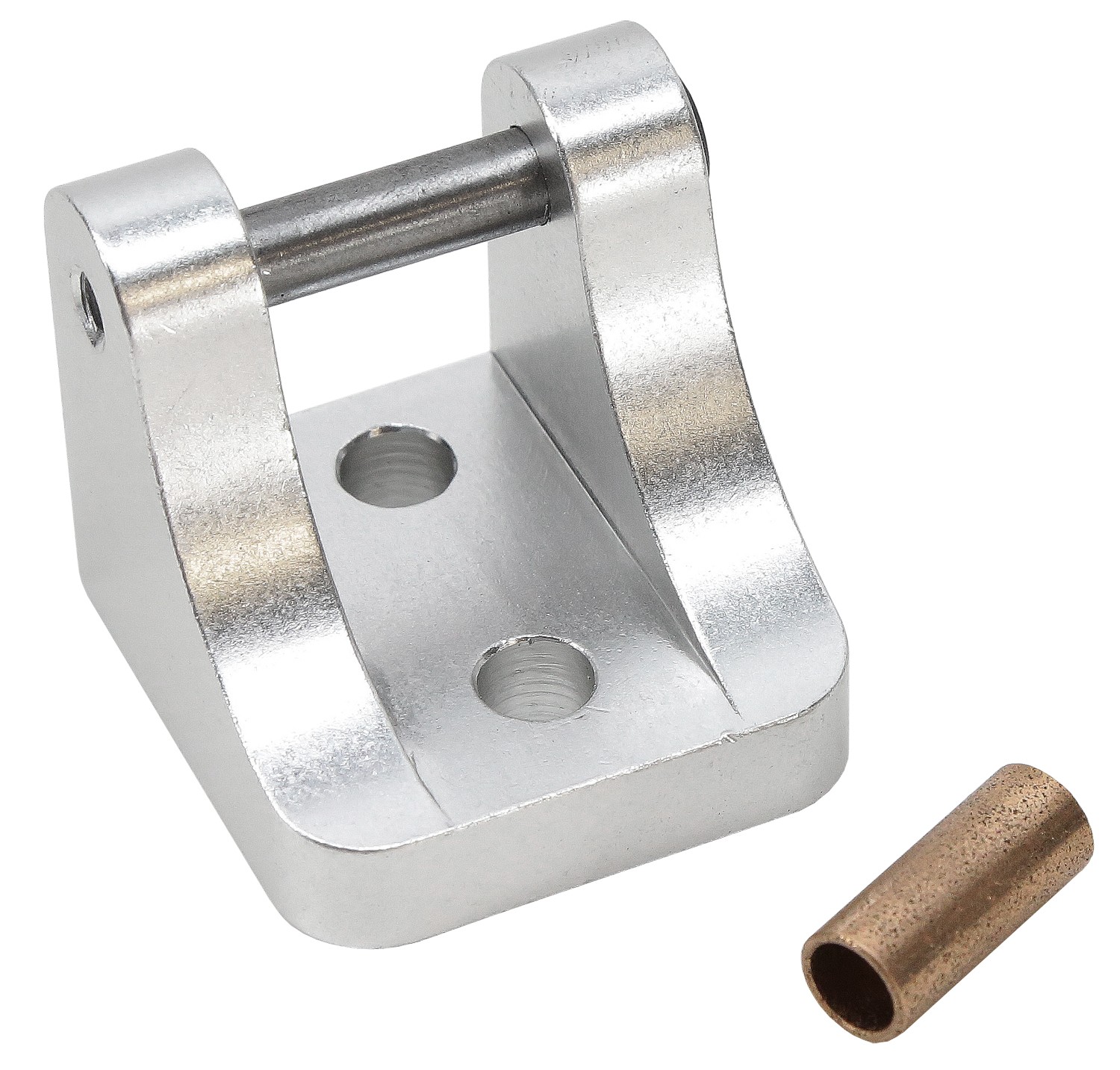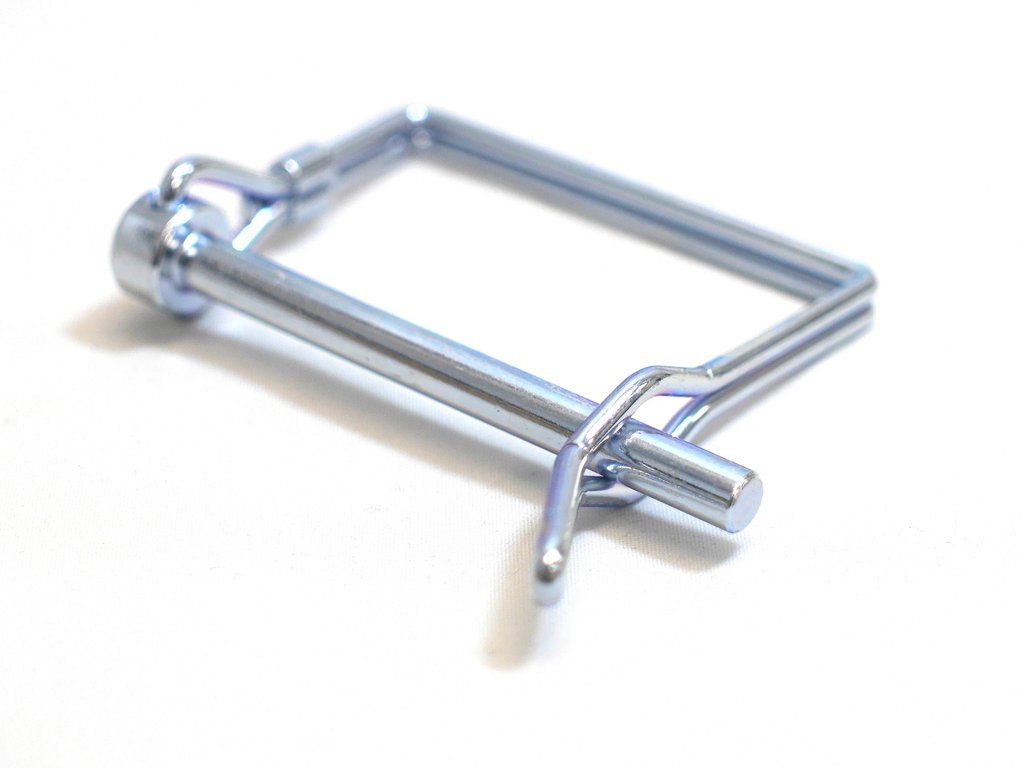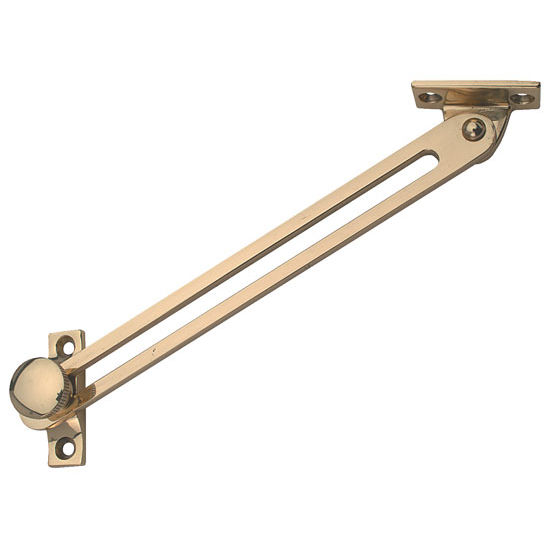Linear actuators commonly have mounting brackets that permit rotation about an axis with the appropriate bracket. In your application, the rotation would be required, as the lid angle changes as it opens. Both ends of the actuator have to rotate about the fastener, usually a pin or bolt.
Replace either end with a quick release pin, which allows you to disengage the actuator for manual operation. You may want to consider pin designs with securing capability as shown in the image below.
Be aware that this results in the entire weight of the hatch/lid bearing on the human in the system.
Based on the additional comment, one could add this support mechanism to the lid:
It's called a cabinet door stay with braking. There are various models and designs and it's a simple enough design to be hand-made specific to your purpose.
I had envisioned a design in which the support was a simple rod with notches. One end is hinged to allow for the lid travel, while the other end resides in a hinged block with a hole to fit the rod. A pin inserted perpendicular to the rod would engage the notches in the rod, but the cabinet door stay is much simpler and safer!


